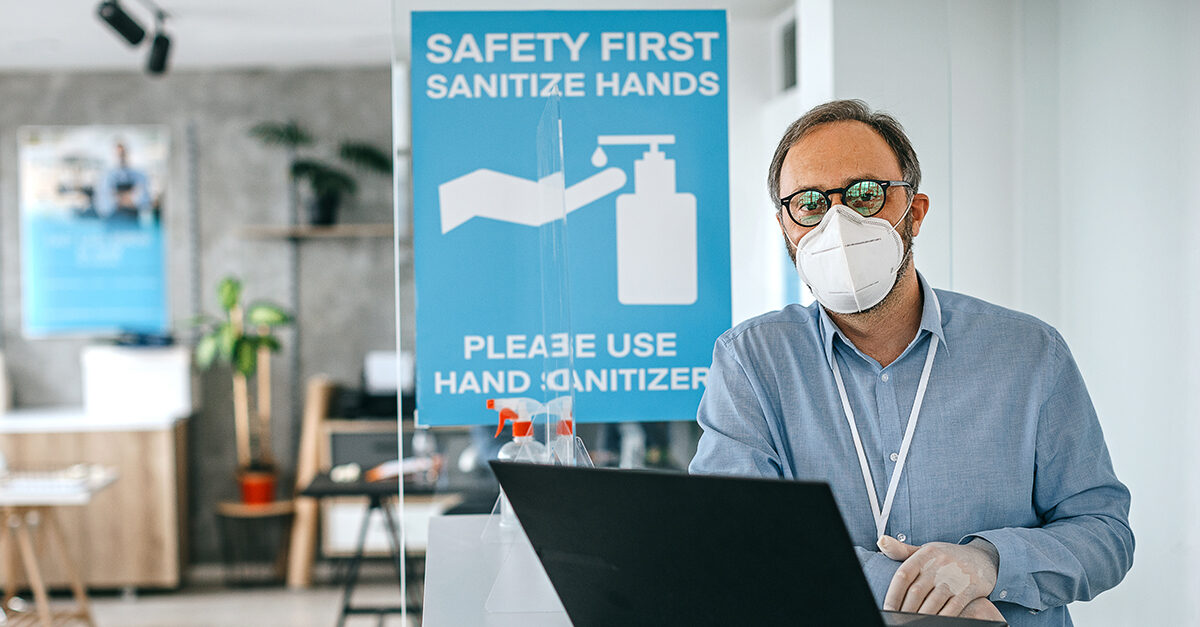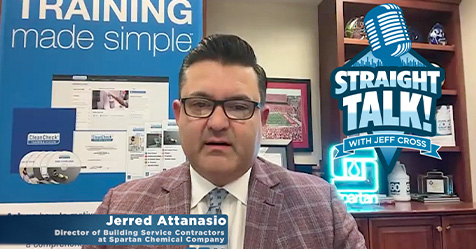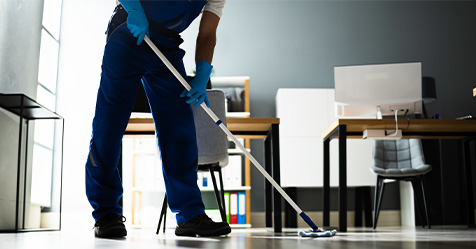We may be midway through the coronavirus pandemic, but it will get worse before it gets better as infections surge in this flu season; like one train wreck crashing on top of another.
Mark Twain said, “There’s nothing common about sense.” And here in the United States, it is, unfortunately, proving true. Over the next two to three months, we are likely to see the tragic results of a failed approach to contain the pandemic.
National infections have reached a seven-day average of more than 150,000 daily cases, and health experts estimate they may reach as high as 200,000 infections per day. These are leading indicators; the lagging indicators will be full hospitals, shortages of trained doctors and nurses, and of course more deaths.
In too many states common sense has been uncommon. For example, some question the seriousness of the COVID-19 pandemic, mask wearing has become a political statement, and some consider social distancing unnecessary.
There is a vocal minority minimizing the pandemic and pushing back against public health measures. They argue these measures infringe upon an individual’s rights.
But personal independence as a practical matter of survival is false. Our modern selves depend on others for the food we eat, the clothes we wear, and the endless list of products and services we use and rely on from others.
We are interdependent, not independent of others
No one living today is truly independent. We are all, to some degree interdependent on others, on the societies we live in, as well as on civilization’s advances. Personal independence is a myth, societal interdependence reality.
And public health measures are our shared reality of the moment. COVID-19 highlights our interdependence and collective need to protect public health. It only takes one individual to ignore what works and many others become infected, and some die.
3 failures of a worsening pandemic
Before vaccines and therapeutics ride in and save the day, this pandemic will significantly worsen. Our public health is about to get walloped more than it already has. And here are three likely failures making the pandemic worse:
- Unrealistic expectations of individuals to do the right thing for the common good of public health
- Politicized disbeliefs and misinformation
- Lack of enforcement when COVID-19 measures are mandated.
Building owners and managers can save our public health
What if you were safer from COVID-19 in your workplace office than anywhere else except your home? Not because commercial buildings have been infection-free—but because building owners and managers have more authority over their occupants’ behavior inside their buildings than public agencies and elected officials have over the public at large.
As a result, building owners and managers can have a tremendous impact on public health because they have the:
- Authority to enforce indoor COVID measures—it is their property, their job, their rules
- Capability to enforce indoor COVID measures—most have on-site security officers and/or on-site representatives
- Moral responsibility to enforce indoor COVID measures—to protect themselves, peers, and occupants
- Legal obligation to enforce indoor COVID measures—a duty of care to avoid future lawsuits
- Financial requirement to enforce indoor COVID measures—their bottom line, future viability (building obsolescence), ROI, stock price, IRR.
The power to save lives
This is an unusual thing to consider—that building owners and facility managers have the power to save lives and protect public health. Yet in this pandemic, it’s literally true.
Building owners and managers have the power, the means, and the right to enforce their indoor COVID-19 measures.
Building owners and managers won’t allow noncompliant occupants or visitors in. When people enter their buildings, owners can require them to follow building-specific health and safety rules.
At this moment, as building owners and facility managers pursue their own best interests, they also serve the greater good of public health.




